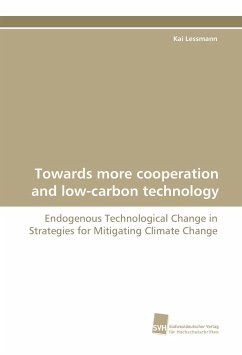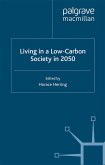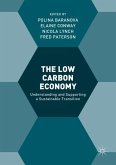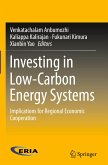Fossil fuel combustion that powers our demand for energy hungry technologies is one of the main drivers for the warming of the earth system. The reports of the Intergovernmental Panel on Climate Change show this beyond reasonable doubt. Conversely, technological change towards a decarbonized energy system will play a major role in our efforts to slow down and even reduce global warming. This book argues that two perspectives are essential to realize this transformation at low social costs: one is that the necessary technological change may be triggered and guided by climate policy. The other, that international cooperation on climate policy is a prerequisite, which may be achieved by designing international climate agreements in an incentive compatible way. The analysis relies on large scale integrated assessment models of the combined economy-climate systems, and game theoretic modeling drawing on the concepts of self-enforcing international environmental agreements.
Bitte wählen Sie Ihr Anliegen aus.
Rechnungen
Retourenschein anfordern
Bestellstatus
Storno








